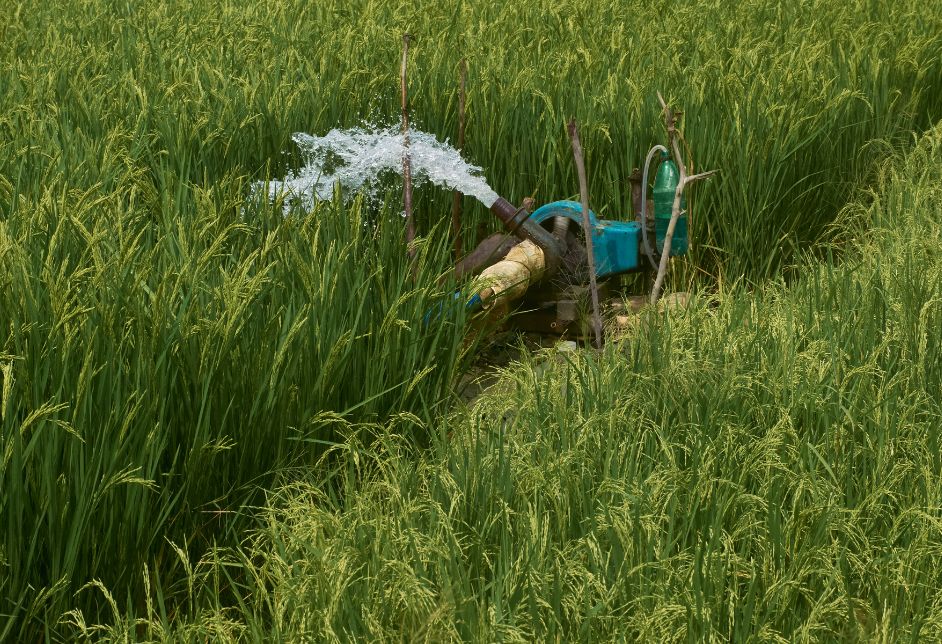Selecting the right pump plays a significant role in keeping up with the requirements of your irrigation system. Irrigation Pumps are necessary to ensure that water flows to a specific portion of the land to water your crops. It is also essential if you want to get the most out of your field’s layout.
However, choosing suitable pumps for irrigation can be overwhelming. You can find different options and specifications in the market today. If you need help choosing the best irrigation pump for your agricultural land, these tips can be your best guide.
Tip #1: Know the Basics
There are several kinds of irrigation techniques, but all of them have the same goal: to pump liquid from a source to distribute it evenly. The pumps must also ensure that the energy requirements remain at the minimum level while the plants get enough water for proper growth.
Today’s irrigation techniques will benefit from using an appropriate irrigation pump. This equipment can activate or deactivate the sprinklers in a particular area on a specific schedule.
Tip #2: Pick Your Irrigation Equipment
Different levels of water and pressure require different equipment. Because of this, it is necessary to pick your equipment first before you start shopping for your irrigation pump.
When picking the right irrigation equipment, you must always consider its controller since it serves a vital role in activating the water supply. It is responsible for turning the water supply on and off during your watering schedule or extreme weather conditions. In addition, the controller also helps in water conservation.
Tip #3: Think About the Type of Water Source
Another essential rule for successful irrigation is to have an adequate supply of water. Since water scarcity has become a growing problem among farmers today, looking for the proper irrigation pump for all water sources is crucial to ensure that your crops will get the right amount of water they need to survive.
Some of the most common sources of water for irrigation include groundwater from wells, bore wells, springs, lake water, rivers, and water reservoirs. Irrigation Pumps can also generate water from other non-conventional resources like desalinated water, drainage water, and wastewater.
Tip #4: Consider the Type of Irrigation Pump

After learning about your usual water source, you need to determine the type of pump you need to get the most water to distribute to your field.
Generally, these types of pumps work properly for specific water sources:
- Turbine pumps and deep-well submersible pumps – For generating water from deep underground sources like wells and bore wells
- Booster pumps and floating pumps – These pumps are ideal for collecting surface water and distributing it to the rest of your field.
Tip #5: Determine the Right Pump Size
Irrigation Pumps must come in the right size to ensure that you will give the most accurate amounting of water for your crops. Some of the crucial factors to consider when shopping for the right pump size include:
- Power consumption
- System pressure
- Motor protection
- Speed controls
Selecting the right irrigation pump is necessary to give your crops the right amount of water needed for their growth. It is also best to look for high-quality pumps to get the most out of your investment and avoid possible headaches when irrigating your produce. As a result, the irrigation pump can be helpful for the success of your crops.
Related posts:
How Should You Hold A Handgun For Maximum Accuracy?
How To Start A Car With A Bad Starter Motor?
Hello there!
I’m Daniel, a dedicated blogger passionate about uncovering unique ideas and the latest trends in the industry. I have a deep interest in sharing these details with all of you.
Through this blog, I aim to provide you with valuable insights and perspectives. Instead of focusing solely on travel and outdoor activities, I delve into diverse topics that captivate your attention. From intriguing news updates to practical money-saving tips, I explore various subjects.
Additionally, I offer detailed reviews of the gear I’ve acquired on my journeys, and I guide you through the step-by-step process of planning an unforgettable trip.
Are you ready to embark on an extraordinary journey? By immersing yourself in this blog, reading it regularly, finding inspiration, and sharing my stories with your friends, you’ll enhance your next adventure, making it truly memorable, enjoyable, and unforgettable.
I appreciate your support!



